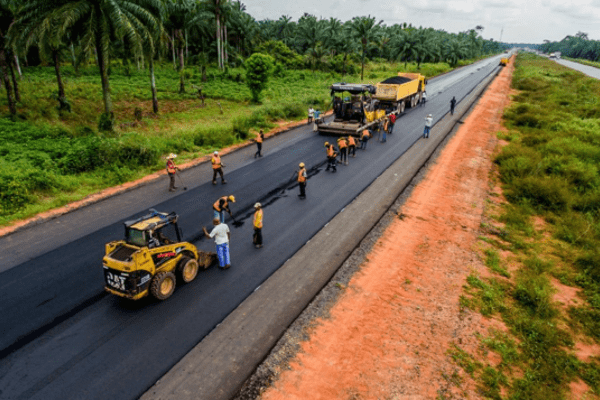THE performance of Rt. Hon. Sheriff Oborevwori as Governor of Delta State has not been in doubt. An affirmation of this sterling performance emerged recently, following the inauguration of several landmark projects highlighting his first two years in office.
Indeed, rooted in the MORE Agenda, the seed of democracy sown on May 29, 2023, have not only sprouted but blossomed to produce a good yield across the state.
For instance, following the removal of fuel subsidy and the floating of the naira, which unleashed inflationary pressures that still threaten household incomes, the Oborevwori swiftly deployed a series of targeted social protection and intervention programmes to cushion the impact, reaching over 266,000 beneficiaries.
Likewise parallel efforts to enhance public sector efficiency have transformed the state’s civil service. Over N5.5 billion was paid to settle promotion arrears for nearly 24,000 public servants and retirees, while a N40 billion facility was secured to clear pension arrears for over 6,400 local government retirees.
Additionally, the government also paid N1.5 billion in palliatives to civil servants and introduced a rotational work arrangement to ease transportation costs. Delta also became one of the first states to implement a new N77,500 minimum wage, raising its monthly wage bill to over N15.3 billion.
Perhaps the most visible testament to Governor Oborevwori’s developmental strides lies in the area of road infrastructure. A staggering 431 road projects covering nearly 2,600 kilometres of roads and over 822 kilometres of drains are at various stages of completion. Of these, 153 projects were initiated by this administration alone.
Completed projects span urban and rural areas, from Asaba to Bomadi, Ika South to Isoko, and Patani to Ughelli. Key achievements include the rehabilitation of the Asaba-Ugbolu Road, flood control works in Asaba, and critical roads in Burutu, Isoko, and Ika North East local government areas.
Bridges are also transforming the state’s connectivity. Of the 17 bridges under construction, five have been completed, including the twin Ubu bridges on the Ughelli-Asaba Expressway, the Isheagwu-Ewulu Bridge, the Kwale-Beneku Bridge, and part of the Trans-Warri Ode-Itsekiri project.
Meanwhile, 42 road projects were earmarked for commissioning as the administration marked its second anniversary—an indication of Governor Oborevwori’s “harvest of projects” and his commitment to building a stronger, more resilient state.
In the health sector, Delta, under the Oborewori administration, has maintained its leading position in the provision of health insurance with 2,615,491 enrollees and counting. This is complemented by a boost in health infrastructure, including the procurement of dialysis machines, CT scans, and 4D Ultrasound machines for tertiary health institutions across the state, as well as the establishment of the College of Health Sciences in Ovrode to address the shortage of middle-level health workers, among other interventions.
Fiscal stabilisation is also an integral component of the Oborevwori administration leading to an impressive growth in the internally-generated revenue profile of approximately N158 billion as of December 2024. Additionally, Governor Oborevwri has reduced the state’s debt profile of N465.3 billion at the outset of his administration by 46.4 per cent.
While it is practically impossible to compress the gains of the Oborevwori administration in 24 months, which cut across education, agriculture, trade and investment, housing, security and other policy reforms, it is evident even to the casual observer that ‘’it is no longer business as usual’’.
Thus, it is only apposite that all hands must be on the plough to make the next rounds of harvest even more bountiful. With fidelity to this commitment, the mission to advance Delta State is everything but unshakeable. The strategic goals remain to enhance inclusive and sustainable economic growth and private sector job creation, strengthen the human capital, build enabling infrastructure, and bolster governance and accountability systems for excellent service delivery.


